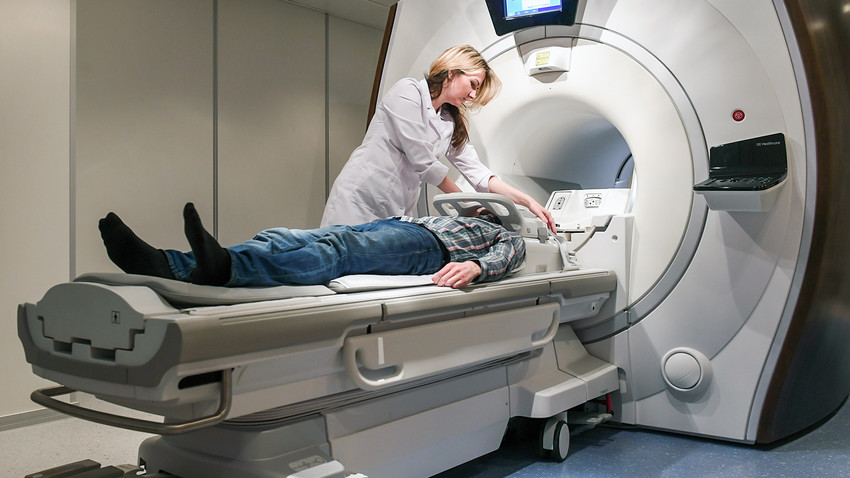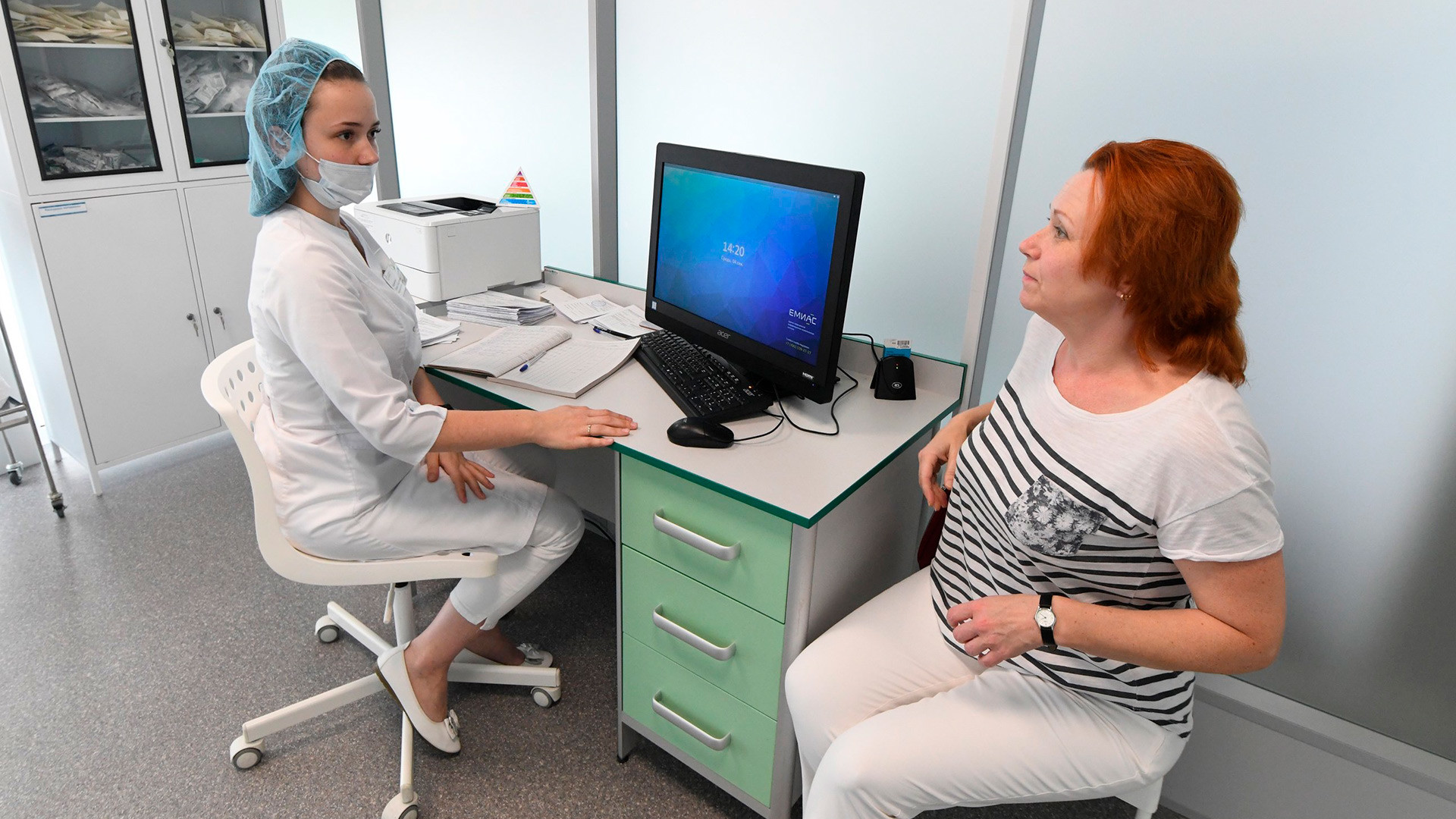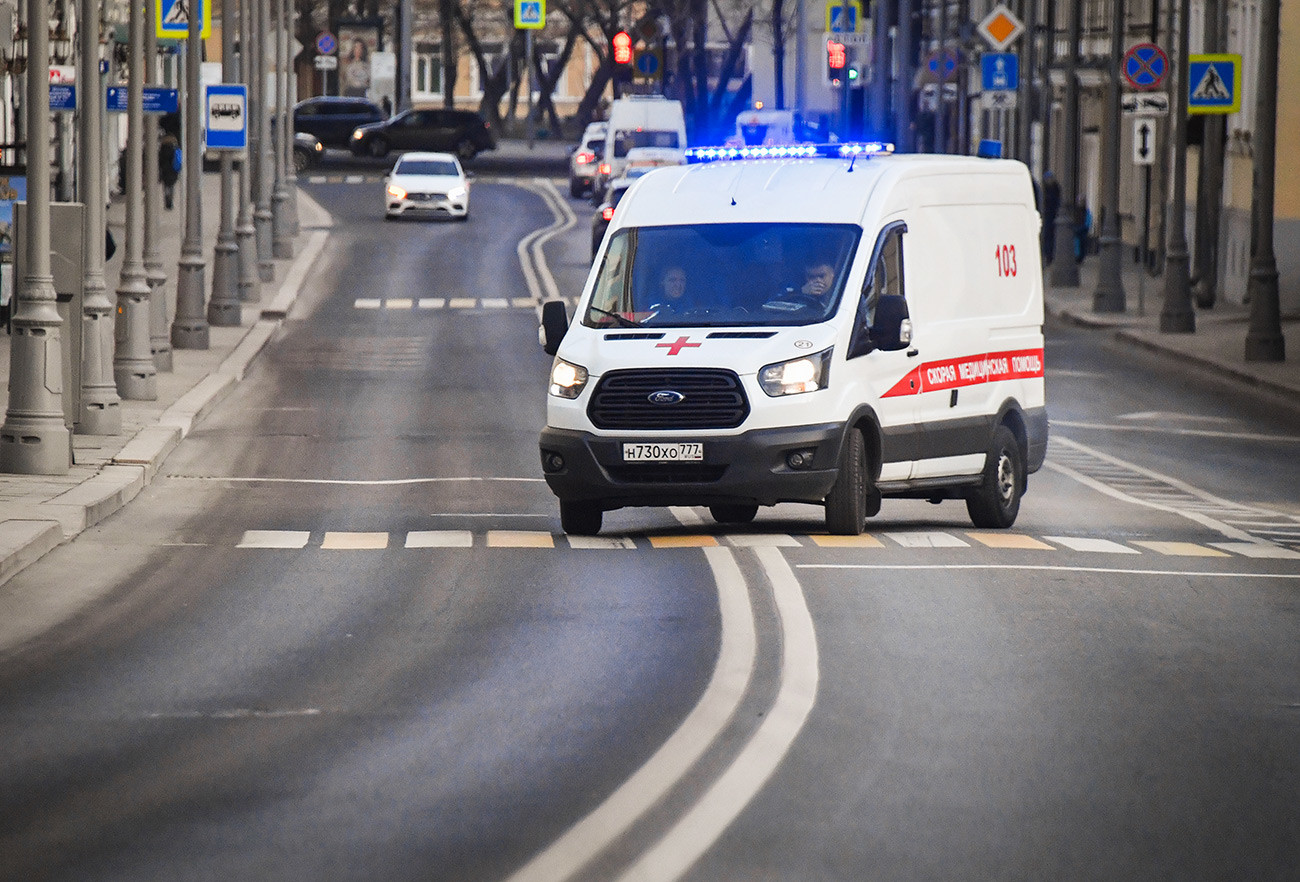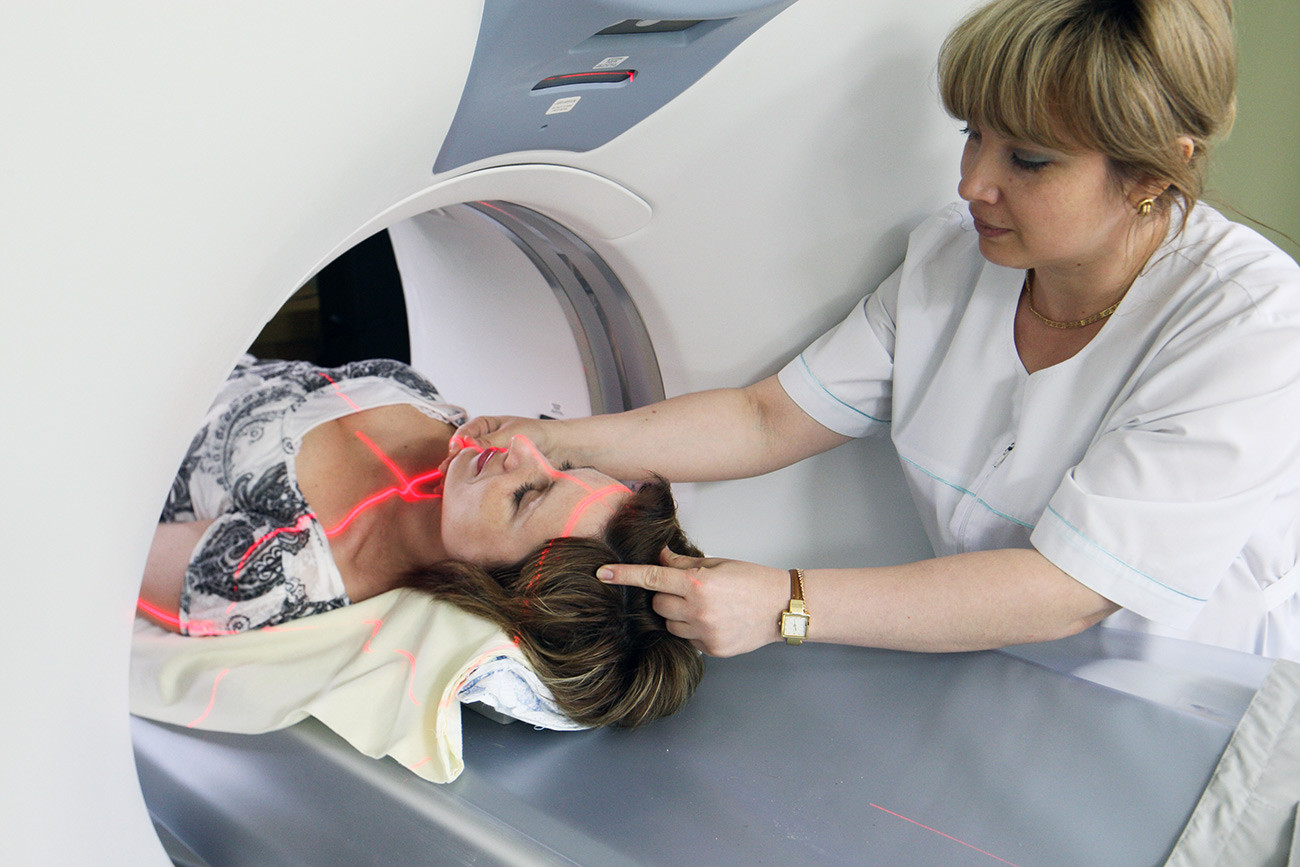Why free healthcare works in Russia

In Russia, medical care is provided free to all groups of the population, and is funded through social contributions to the national budget. The bulk of polyclinics and hospitals are state-owned. The system itself was created during the Soviet period and is similar to the current healthcare model in Great Britain. To take advantage of all the services of the state system today, you will need to have a compulsory medical insurance policy - they can be obtained at the nearest polyclinic practically as soon as you are born (children's and adult medical establishments are separate, but all of them are covered by the policy).
Also, the country has a wide range of private medical institutions nowadays, ranging from ordinary polyclinics and dental practices to multidisciplinary medical centers that can perform operations of varying complexity.
Since private medical care is widespread around the world, we’ll focus on telling you how to survive in Russia using only free healthcare.
Polyclinics

So-called polyclinics are the first port of call in the Russian national healthcare system. These institutions have family physicians (general practitioners in Great Britain), as well as specialist doctors, such as surgical specialists, ophthalmologists, neurologists, cardiologists, etc. You need to register with a polyclinic by submitting a written application, and you can change polyclinic but not more than once a year, unless your job involves constant travelling. You can receive medical help in one even if you only have a fever or a cold, or you have back pain, or your blood pressure goes up and down all the time, etc. Also, it’s here where you can obtain the holy grail that is the sick note to take to your employer! Your physician (GP) can additionally refer you to have certain basic tests done, or to have an ultrasound scan, an ECG [electrocardiogram] or an X-ray.
If specialists at a polyclinic discover an illness that requires more complex or specialist treatment, they refer a patient to a specialist state clinic, hospital or research center, where a patient will undergo further inpatient or outpatient treatment. For instance, a gastroenterologist
at a polyclinic, having discovered that a patient has worsening gallstone disease, can refer them to a hospital where they will undergo an operation to have their gallbladder removed and receive further treatment. All these services will be absolutely free for the patient.
Polyclinics also provide the population with immunization and periodic checkups (a preventative examination by all types of specialist once every three years).
The main drawbacks of state polyclinics are the long waiting times to see a specialist, the mere 15 minutes a specialist can devote to one patient per appointment, and the elderly babushkas in line. Despite the inevitable complaints, the polyclinic system is trying to respond to people's concerns and improve patient convenience. “The first time I had a preventative medical examination was more than 10 years ago, before I went to university, and it took me a week. I
had to line up for two hours to see each specialist,” says Daria from Moscow. Now you can have a checkup not just at your polyclinic, but also in an ordinary public park, she exclaims. “This year I had a preventative medical examination at a Healthy Moscow pavilion, which was located in a park! Doctors check your height and weight, do a quick test for glucose and cholesterol, a general blood test and an ECG, check your blood pressure and carry out a fluorography examination.”
Ambulance service

In the event of emergencies in Russia, you need to call the emergency medical service, which is also absolutely free, even if a person is not a Russian national.
A lot of work has been done in recent years to improve it, and in major cities, an ambulance usually arrives very quickly. Also, when you call the service, the operator will ask what has happened, in order to know which specialist ambulance team and vehicle to send. If a person has a heart attack or stroke, a specialist cardio team in a specially equipped ambulance will be sent, so that doctors can already start providing treatment on the way to the clinic or hospital. In less grave cases, for example appendicitis or a pinched nerve in the back, the “emergency care” will be provided by a paramedic instead of a doctor, who will also be able to provide medical help and send you to a hospital, if necessary. To decide which hospital to send you to, doctors call the ambulance station, which will tell them what hospital will receive their patient. And it is here that you need to be lucky.
Hospitals

Russia has very good state hospitals with excellent doctors, equipment and care. But it also has medium quality and very poor hospitals. Even if you live in Moscow or St. Petersburg, you may end up in any one of these three categories of hospital. You either have to be lucky or, as many people do, you can try to influence the decision made by the ambulance service or the doctor
at your polyclinic. Also, you can have scheduled surgery in practically any state hospital without being referred - for payment in cash. But for the majority of the population it is too expensive.
In addition to general hospitals, there are also specialist research centers that deal with complex cases, diseases and operations, and they are usually only located in major cities. You can also receive free treatment there if you have been referred by doctors at your polyclinic who
believe that your case is beyond the competence of general hospitals. It has to be pointed out that you can get free high-tech medical care in Russia. The list of medical services provided includes joint replacement surgery and provision of prostheses (including bionic ones),
microsurgery on blood vessels and the heart, cancer treatment, even plastic surgery and IVF treatment. State insurance does not cover these services, but the state provides quotas for treatment of complex cases and divides them among 140 regional clinics every year. It can happen that one region may run out of its quotas and then a patient will be offered the opportunity to go for treatment in another region.
First aid stations

Practically all population centers in Russia have 24-hour first aid stations. You can go there without being referred if you have received an injury that doesn't require hospitalization - for example, if you have broken or dislocated your arm, or badly hurt or cut yourself. These stations have doctors and all necessary diagnostic equipment to provide first aid.
If using any of Russia Beyond's content, partly or in full, always provide an active hyperlink to the original material.
Subscribe
to our newsletter!
Get the week's best stories straight to your inbox